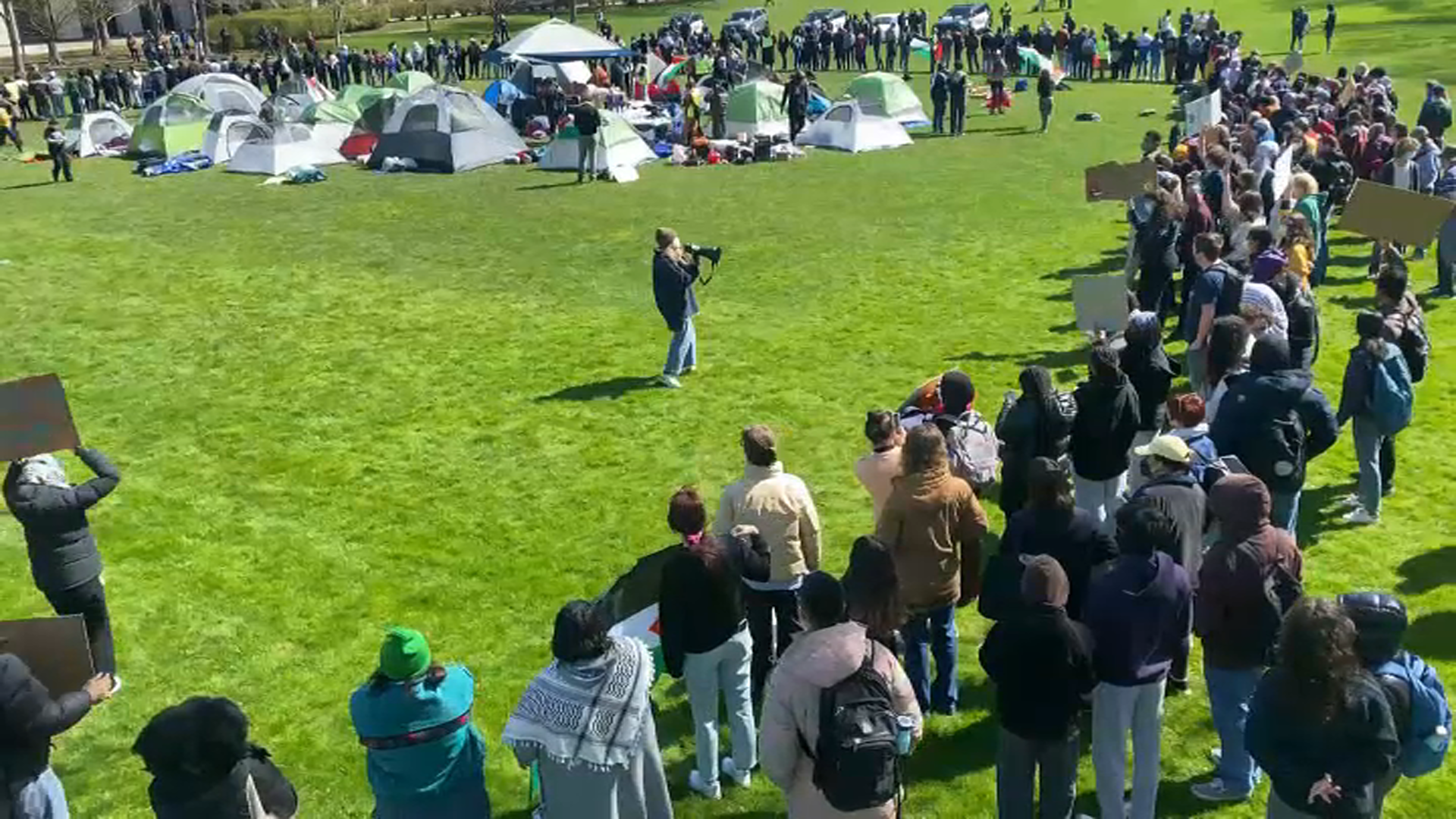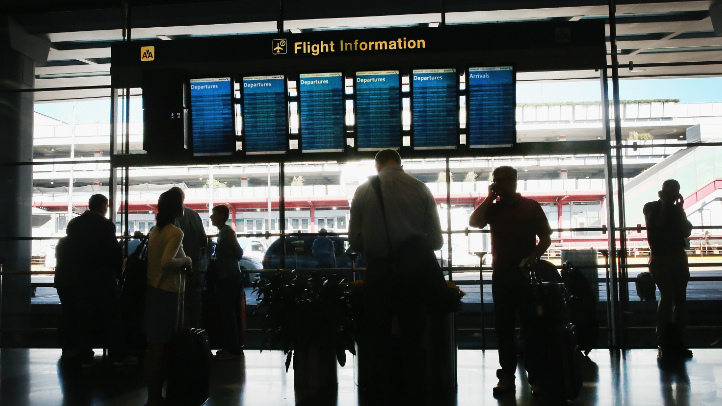An outdoor dining program that proved to be a lifesaver for Chicago restaurants and bars during the darkest days of the pandemic would be made permanent — and expanded into the curb lane — under a mayoral plan proposed Wednesday.
Last year, the City Council agreed to extend — until Dec. 31, 2022 — a program that had allowed 500 restaurants and bars to place tables on sidewalks, in private parking lots and in the street to serve patrons skittish about dining and drinking indoors.
The program was launched in May 2020, when indoor dining was still prohibited in Illinois. Mayor Lori Lightfoot was trying to make outdoor dining more lucrative by allowing restaurants with sidewalk café permits to set up even more tables.
She started by allowing six commercial corridors to be closed to traffic during designated lunch and dinner hours. Expanded outdoor seating was then offered to bars so long as they had a “food partner” that would deliver food to outdoor drinking customers.
Feeling out of the loop? We'll catch you up on the Chicago news you need to know. Sign up for the weekly Chicago Catch-Up newsletter here.
The city ultimately issued hundreds of permits — a “vital lifeline” to as many as 700 different restaurants and bars. At the time, Transportation Commissioner Gia Biagi vowed to use lessons learned in the neighborhoods to come up with a permanent program.
The ordinance Lightfoot introduced Wednesday would fulfill that vow in this city of foodies.
“Making the expanded outdoor dining program permanent will turn what was once a lifeline into long-term assistance and result in the continuation and creation of inviting dining spaces throughout our neighborhoods,” Lightfoot said.
Local
“Many restaurateurs took advantage of the opportunity. … They got very creative. … We want to make sure that we continue to do everything we can to help the hospitality industry regain its footing and exceed pre-pandemic levels. This is another important step in that direction.”
Lightfoot thanked the untold number of restaurant owners who gave the city “tremendous feedback … about what worked” and “what the challenges were.”
If the Council approves the new program, the Chicago Department of Transportation will establish an “outdoor dining street permit” valid from May 1 through Oct. 31.
The new permit would allow restaurants, bars and so-called “consumption on premises incidental activity liquor” license holders to “expand operations into the street” while also setting up tables in curb lanes “where the adjacent sidewalk is not wide enough to accommodate a sidewalk café.”
Full street closures would continue to be allowed for groups of “three or more” businesses.
The curb lane — “that space between the travel lane and the curb itself,” Biagi said — will now be used for more tables.
That’s an improvement over extra sidewalk tables that forced pedestrians off the sidewalk and into the curb lane, she explained.
“We recognize that we can do better,” she said. “So what we are doing … is enabling the curb lane to be used for the dining to make sure we still have sidewalk access. We want pedestrians and people in wheelchairs and people with strollers — we want you on the sidewalk. This will be a huge improvement.”
Illinois Restaurant Association President and CEO Sam Toia said using the curb lane paves the way for “hundreds” more tables, improving the bottom line for restaurants still struggling with rising food prices, higher wages and an employee shortage.
“They did a little pilot program like this in Lake View on Broadway. … You can have your sidewalk, then a few more tables out to the parking lane. More tables means more sales for independent restaurants,” Toia said.
“You can always improve on stuff. But we’ve been very, very happy with the outdoor dining. It was a lifesaver during the pandemic. … If we didn’t have that, we would have been in as bad a situation as the restaurant community was in New York and Los Angeles.”



